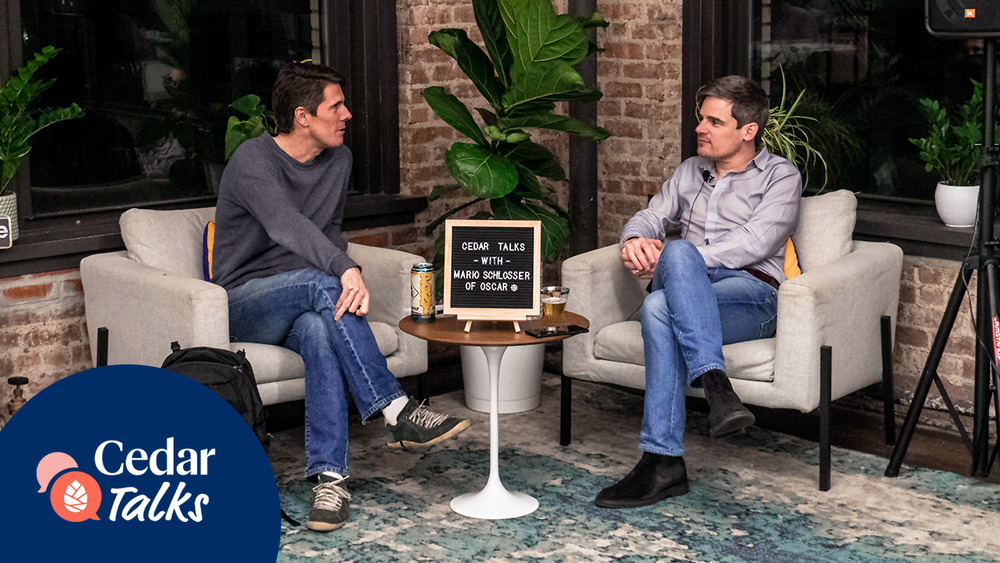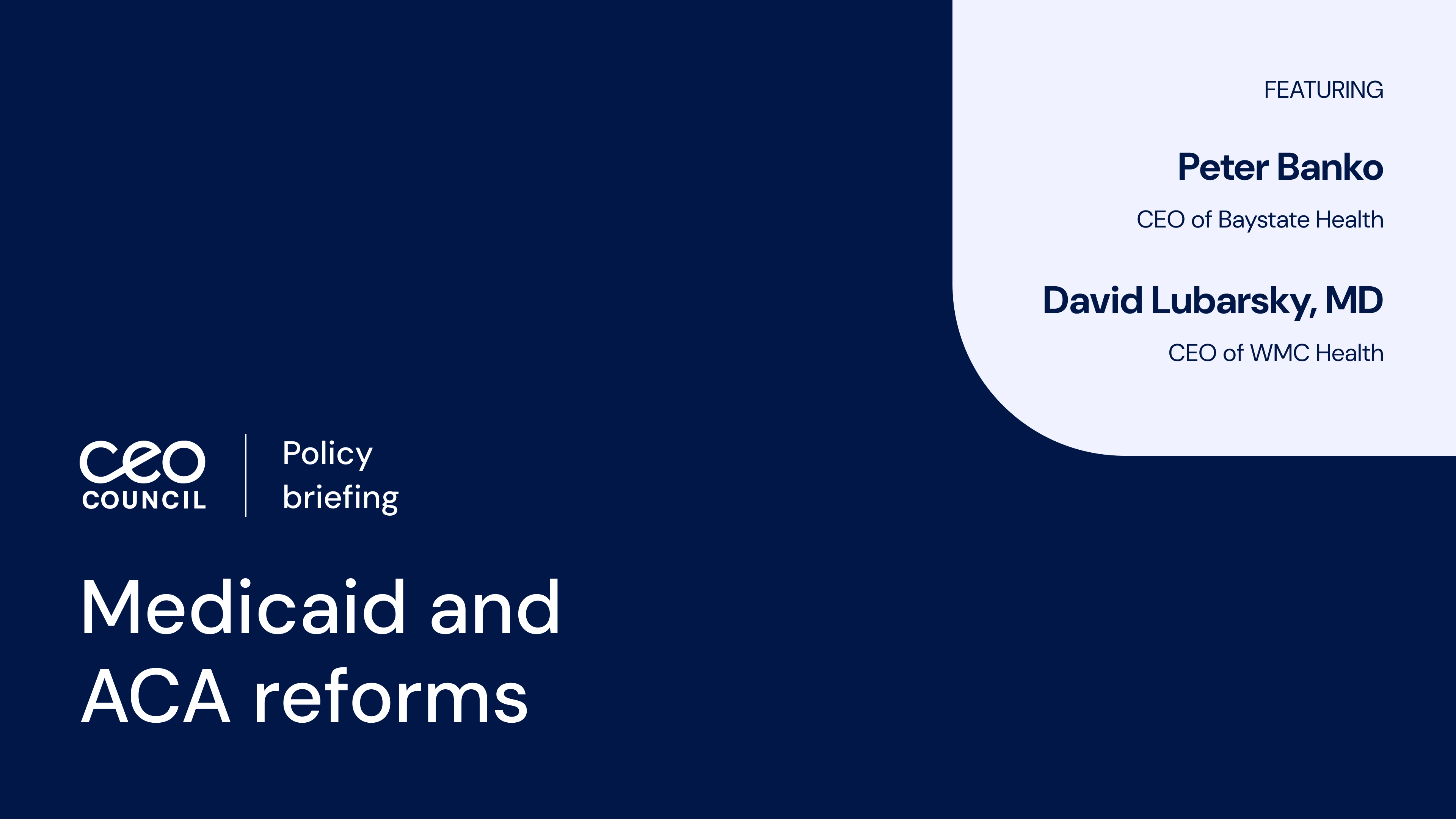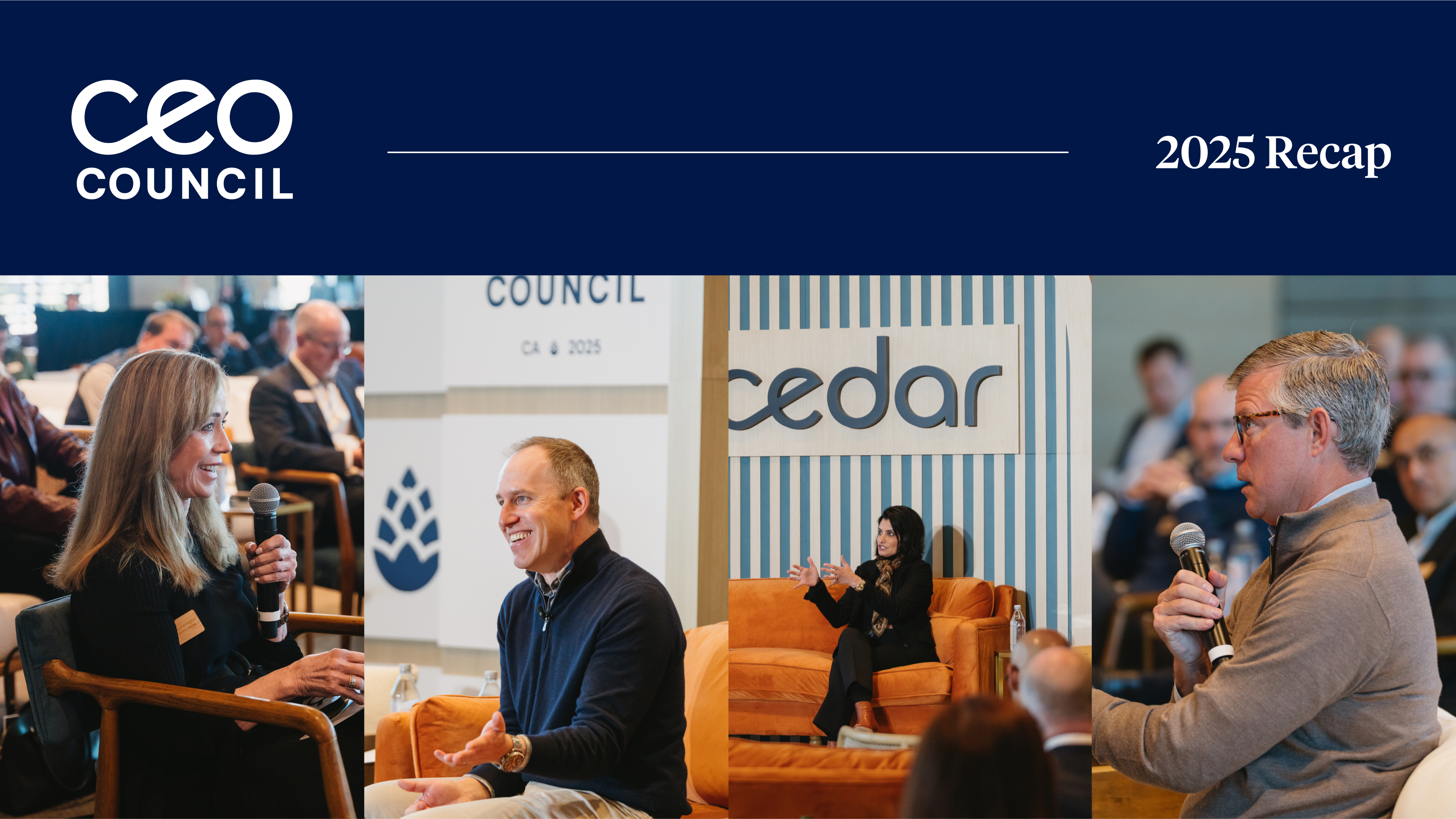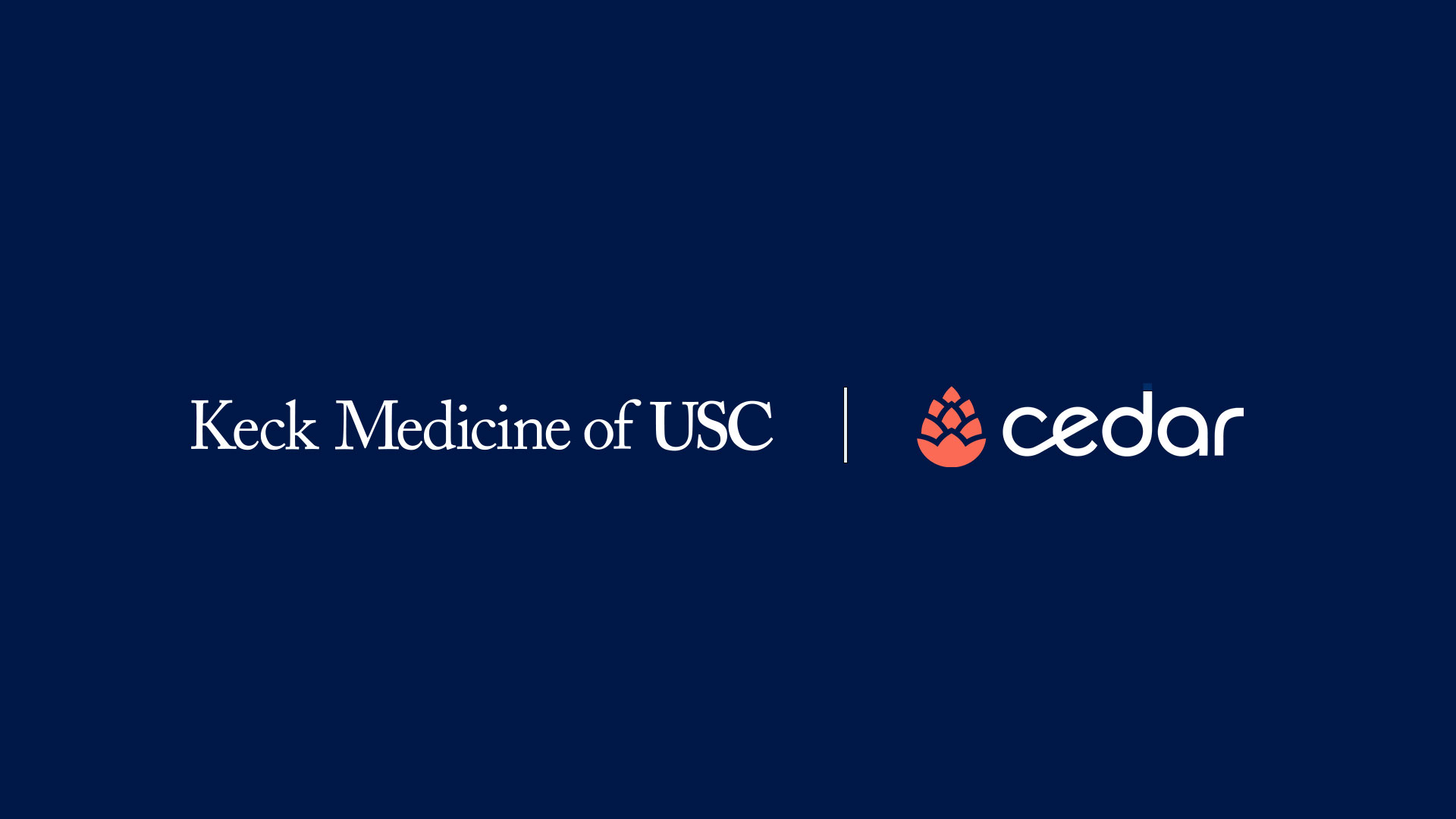The striking similarities between Mario Schlosser, co-founder and CEO of health insurance company Oscar, and Cedar’s co-founder and CEO Florian Otto emerged quickly during the compelling Cedar Talk on January 8, 2020 in Cedar’s New York City headquarters office. Both founders are German-born, McKinsey alumni who started companies in Latin America before becoming entrepreneurs in the healthcare space. Both express a dedication to radically improving the U.S. patient experience—and are doing just that at their respective companies.
In Schlosser’s case, the impetus to build Oscar grew from the confusion and lack of transparency that he experienced when his wife was pregnant with their first child. “Having a baby is one of the only positive reasons to interact with the healthcare system, but our experience left us confused about our options and costs,” he said. “There wasn’t an easy way to interact digitally with providers. There was no good way to understand what the costs would be for a procedure. And, generally the insurer didn’t seem to be particularly pleasant to talk to.”
He saw the opportunity to align payers, providers and patients and reduce costs, while improving the quality of the experience. “What Oscar aims to do is make healthcare simpler and take out cost,” he said. “The high costs lead to higher insurance rates. It leads to people avoiding care because the deductibles are too high. It leads to misallocated capital in the system. Whatever we do has got to take out costs and save our members money in the end.”
Oscar can reduce costs by implementing initiatives that also help members more easily access and navigate the healthcare system, telemedicine being an early example. “We were the first to make telemedicine totally free and have shifted a lot of care to that platform,” said Schlosser.
The growth and brand recognition that Oscar has achieved while challenging an industry of titans is truly impressive, Otto noted. He pointed out that most established health insurance companies are massive and that they tend to compete by gaining scale and reducing cost. “Oscar competes on a totally different level, which is the member experience,” he said.
Schlosser admitted that as a smaller player, bargaining power is challenging and that obtaining the best unit cost from providers is typically a game of scale. Oscar has shifted to more selective network designs in the individual markets and has been able to build trust with both members and providers that their needs will be met and the upside will be delivered.
“We look different from the other insurance companies and we are building a different level of trust, but we still have to show the economic upside,” he said. “If we prove we can pay claims faster, maintain a selective network and show good NPS scores, the providers want to work with us.”
According to Schlosser, Oscar’s significant growth and success in the market was facilitated by focusing on metrics that really matter and taking a measured and strategic approach to recruiting and hiring. “You must have a path to profitability and sustainable growth,” he said. “Beyond that, I think we perform better than the average start-up because we have a mission that people feel connected to. We also are very transparent with our employees about our performance, even when that means communicating tough news. This has served us well to build trust internally.”
Interested in joining us for future Cedar Talks? Sign up to be added to our mailing list.
Cedar Talks is a thought leadership series focused on connecting the Cedar team and broader community with tech entrepreneurs who are dedicated to solving hard problems with great design, thoughtful engineering and industry expertise. Recent Cedar Talks have included Flatiron Health Co-founder Nat Turner, AppNexus Founder Brian O’Kelley and tech investor Ashton Kutcher.



